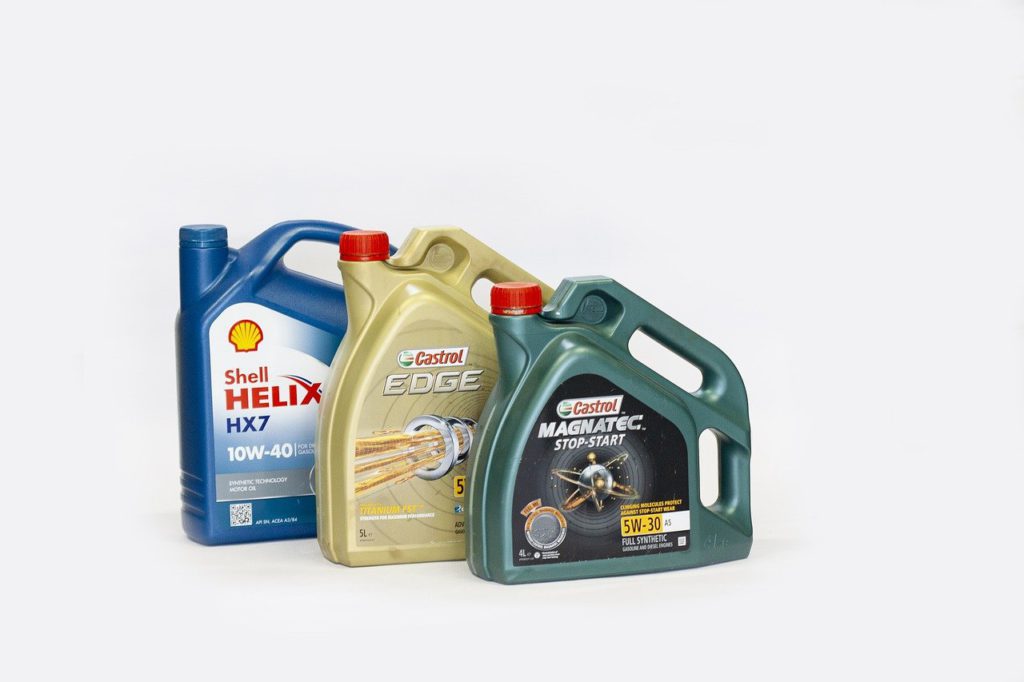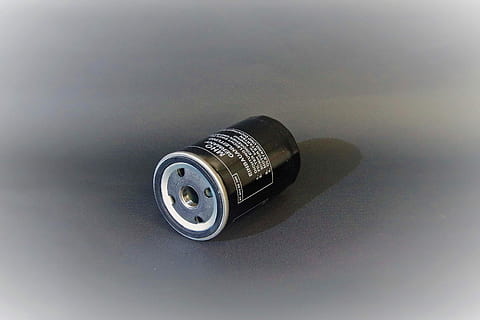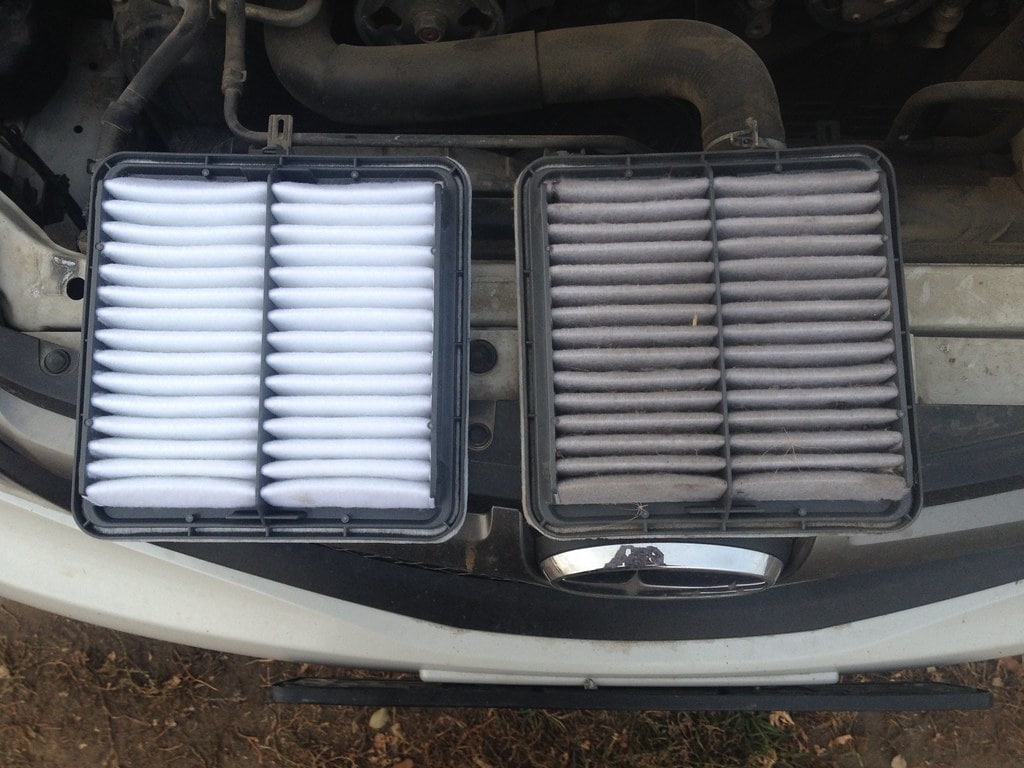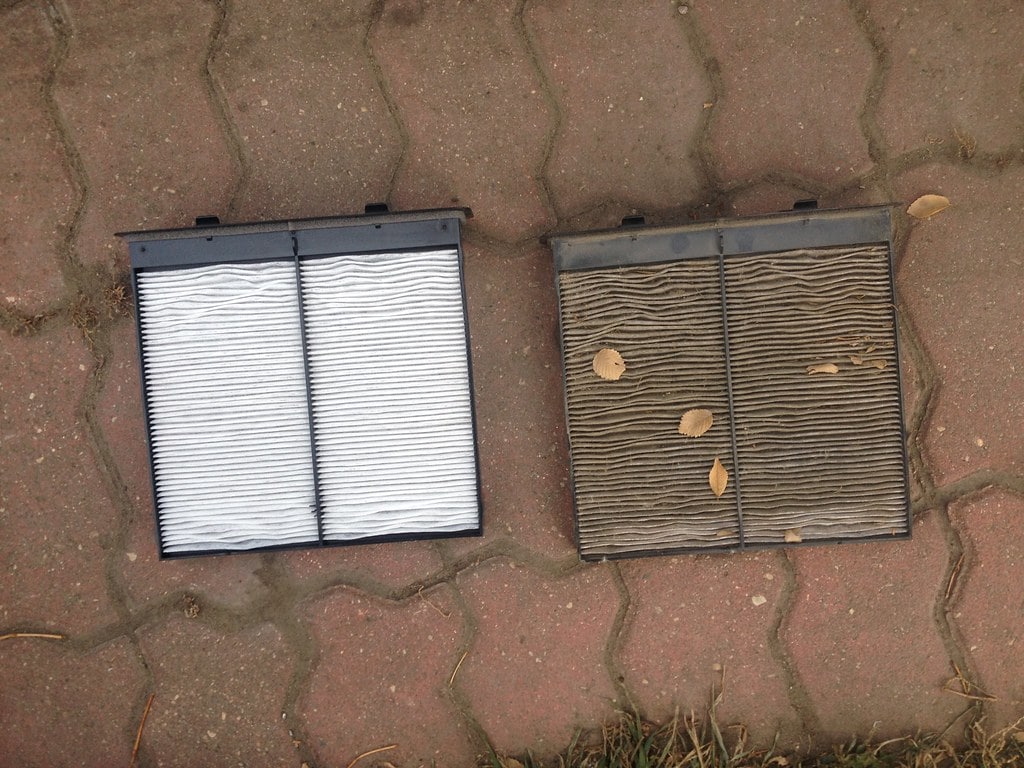Akin to fuel, oil is the lifeblood of any car. Routine oil changes come with a few other checks and the whole process is known as a quick service. In this blog, we provide you with the knowledge and insight to know exactly what’s going on in your car when it’s parked over at the mechanics bay. We also also cover the different filters and oils that you can buy so that you can make the most appropriate choice for your vehicle. Furthermore we’ll discuss how often you should change your oil and how the region you live should affect that frequency.
Warning: All the following items if badly kept and unattended to will reduce your cars fuel economy, and in a worst-case scenario severely damage your engine and other important parts of your vehicle. So pay close attention or take notes if need be.
Engine Oil
Engine oil does more than just lubricate your cars engine parts, it also helps with keeping the car’s engine clean, and with dissipating heat.

Car Oil Change Service: How Often Should You Change Your Oil?
If you’ve heard “every 5,000 km or every 3 months” as a standard, know that it’s a sales tactic designed to get you visiting the workshop more often. This set number of kilometres or months cannot be constant for all vehicle types, there’s just too much to account for. Truth be told, workshops don’t make that much off of a purely oil change service, hell, at times they even incur a loss. They rely on upselling you to profit. So once you’re in the shop, they push on you all sorts of products and services like air filters, new wiper blades, transmission fluid changes — things that actually bring in a profit.
While some vehicles do in fact need to have their engine oil changed every 3 months, other intervals can stretch out to 6 months or 10,000 km in the right conditions. Vehicles like Honda and Toyota are known for this.
All that being said, neglecting to change your engine oil for prolonged periods may result in your manufacturer warranty being void and possibly incurring some irreversible damage to your engine. So it’s all about finding that sweet spot.
To verify how often your vehicle’s oil should be changed, refer to your users manual. There you’ll find two separate oil change intervals one for “normal driving” and another for “severe driving.”
What’s the Difference Between Normal Driving and Severe Driving?
More often than not most people will fall under the severe driving section especially in the UAE where heat plays a variable in the severity of driving. But generally speaking, if you don’t engage in frequent short trips (16 km or less), don’t get into a lot of stop-and-go traffic, and don’t haul heavy objects such as a trailer, then you fall under the normal driving category.
Engine Oil Types
Could choosing the wrong engine oil for your car be disastrous? Yes, absolutely, as engine tubes and paths become narrower, choosing the wrong oil may mean that not every nook and cranny of your engine gets lubricated. This can result in a damaged engine and in turn, vibrating sounds, a slow acceleration and trouble starting the car. Damaged engines can cost anywhere around AED 20,000 to repair. Just, you know… for your information and all.
The misconception in the UAE that drivers should use very high viscosity mineral oil (conventional oil) and change it frequently can be damaging to some vehicle models as the oil might be too thick to lubricate the entirety of the engine.
What is Oil Viscosity?
Viscosity is how thick or thin an oil is. The weight of the oil is written on the oil canisters label. A low rating i.e. 5 means that the oil is thin, whereas 30 is thick. Hot temperatures require thick or high viscosity oils, while cold temperatures favour thin ones.
While multi-viscosity oils are now the norm, it is still important to make sure that you purchase the right viscosity range. A reading like this “10W-40” is common on oil canisters. The number preceding the W is the oils winter viscosity while the latter pair of digits represents the summers. Ideally, an oil with the lowest winter rating and the highest summer rating is the best option, meaning it can tolerate both extremes. But in a hot country like UAE a higher summer rating should be the focus. Try to get at least a 30 summer rating. A 40 or 50 would be even better.
What’s the Difference Between Synthetic and Conventional Oil?
Synthetic oils cover a wide range of temperatures whereas conventional oils are more suitable for colder temperatures generally speaking. While conventional oil is cheaper and generally of a lesser quality than a synthetic one, they tend not to work on all vehicles. Refer to your vehicles manual or the back of your engines oil cap to ensure that it doesn’t specify a certain type of oil. If it doesn’t, then conventional oil is safe to use. Recommended viscosities can also be found on the oil cap and vehicle manual.
Filters
Oil Filters

What do Oil Filters Do?
Oil filters ensure that the oil being fed to the engine is not contaminated and free of debris. It’s usually found at the front end of the cars undercarriage (or the cars ground facing side).
Types of Oil Filters
There are many kinds of oil filters, what distinguishes them from one another is their different filtration mediums. Each with varying filtration capabilities and therefore lifespans and durabilities. The weakest of which is the cellulose filter media which generally should be replaced every 3,000 km. The higher quality synthetic filter media can withstand 5,000 km to 7,000 km of use. Whereas microglass filter media (usually labelled extended life or extended performance filters) can last anywhere from 10,000 to and even 20,000 km according to some brands.
If you’re in a sandy country like the UAE, it would be wise to veer on the side of safety as all the dust flying around decreases the lifespan of your oil filter greatly. It is therefore wise to replace your oil filter prior to its advertised expiry mileage by a safe interval.
Car Air Filters

What do Car Air Filters do?
Car air filters are responsible for cleaning the air coming into the car’s engine. They can be found under the hood of the car housed in a usually black plastic box.
Types of Car Air Filters
Paper Air Filters: These are the cheapest kind. They are non-reusable and need to be changed frequently. They are also unsuitable for dusty environments due to their low quality.
Synthetic Gauze Filters: Gauze filters are on the higher end of the spectrum. These dry synthetic filters can catch more debris than their oil counterpart (however incremental this difference may be). They are generally washable and usually require a special solution for that.
Oil Gauze Filters: Similar to synthetic filters these are covered with a thin layer of oil and need to be washed and oiled frequently. Over oiling can cause problems that can prove detrimental to a cars engine, so it would be wise for the inexperienced to stick with the dry synthetic filters.
Cabin Filters or AC Filters

What do Cabin Filters do?
Cabin filters are in charge of keeping the air coming from outside the vehicle and into the cabin clean, and healthy. Some cabin filter types can even keep bad smells out. Located under the glove compartment of most vehicles, the air coming out of your AC has to pass through this filter before coming out of your vent. So if you feel that the air blowing out of your AC is decreasing in strength, or has an odd smell, then consider cleaning or changing your cabin filter.
Good cabin filters are especially important for individuals who have allergies or asthma. They’re also doubly important in dusty countries like the UAE where dust storms are common.
Types of Cabin Filters
There are many types of cabin filters to choose from: particulate filters, washable filters, charcoal filters, activated carbon filters, and baking soda treated filters. Read on to discover what distinguishes each one.
Particulate Filters
Cabin filters are usually made out of fibrous paper material. Particulate filters are the most commonly used filters and offer the most basic protection from debris. These electrostatically charged filters attract and trap contaminants and debris in an effective manner using electric charge. They are usually white in colour.
Washable Filters
Advertised for their multi-use functionality these filters can have a prolonged life. There is however an ongoing debate about how effective the filter becomes after its first wash. Some even complain that the air coming out of the vent starts to smell weird after the filter is washed.
Charcoal Filters
These are like particulate filters, only with an added layer of carbon on the filter’s fibres. This added layer absorbs extra contaminants and prevents smoke and exhaust fumes from entering your cabin — to some extent.
Activated Carbon Filters
Go a level higher than charcoal filters and you’ll find these. Similar to charcoal filters, these are covered in a layer of activated charcoal or carbon and prevent even odours from coming into the vehicle.
Baking Soda Treated Filters
Famed for its focus on reducing foul odours entering through the vents, this filter is basically a carbon filter equipped with sodium bicarbonate.
Note: Refer to your users manual for more guidance on your specific vehicle model and its compatibility before going on a shopping spree. Furthermore, you can change air and cabin filters on your own if you decide to do so frequently. The process is fairly easy, just be sure to buy your parts online or from a parts outlet as dealers are known for charging ridiculously high prices.
Sell Your Motors
Taking good care of your vehicle means you’ll be able to fetch an attractive price when it’s inevitably time to sell your car. We at Sell Your Motors specialise in exactly that: buying your car from you and doing it quickly. We accept any car regardless of its condition, and we complete the whole process — from inspecting your car to making you an offer and finalizing the paperwork, in only 30 minutes.
Try our free online car price estimator and receive a call from us or reach out to us directly by calling 04 330 1030.







